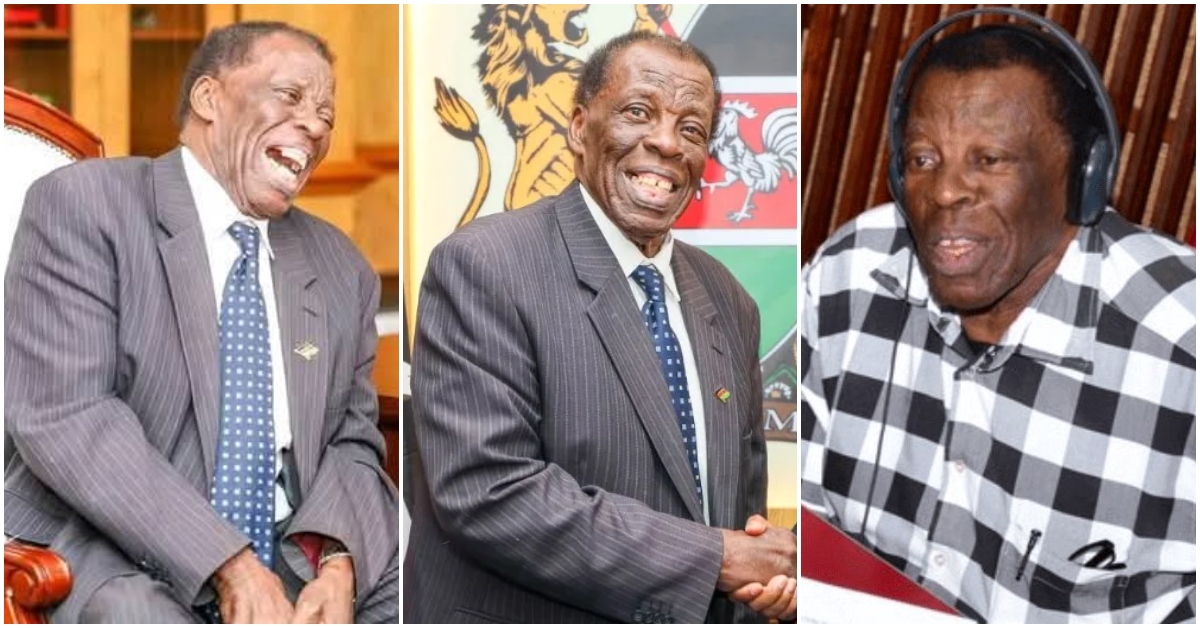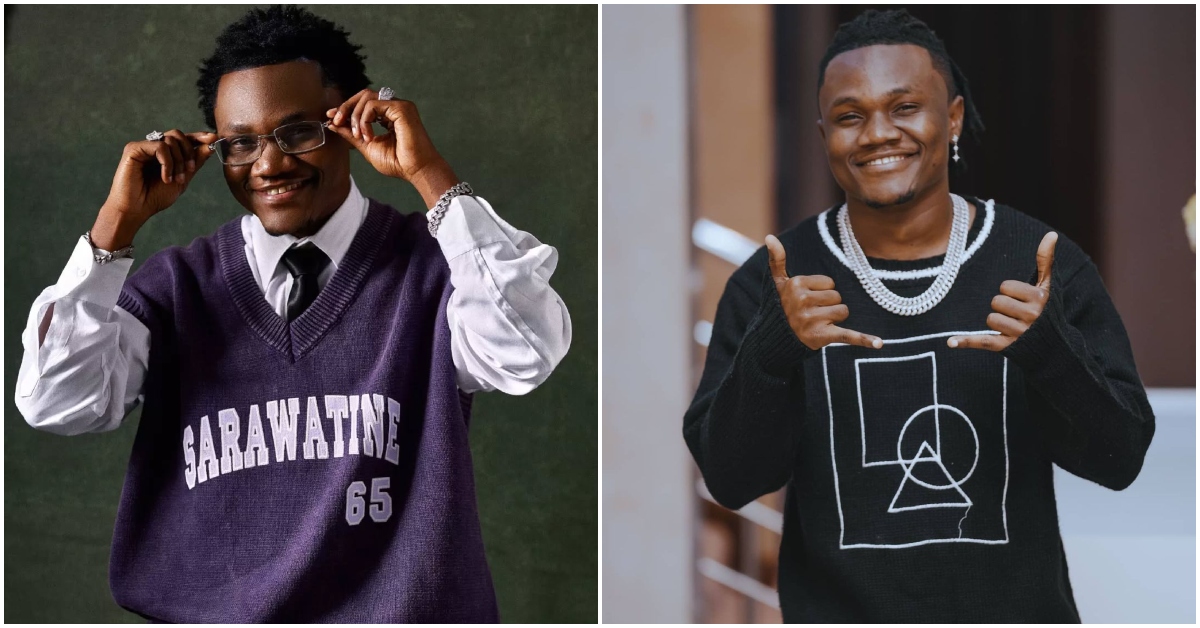Kenya has lost a legend. Veteran journalist Leonard Mambo Mbotela, a voice that echoed through the airwaves for over five decades, passed away on Friday, 7th February, 2025 at the age of 85.
His daughter-in-law, Anne Mbotela, confirmed his death, revealing that he had been unwell for some time and took his final breath at around 9:30 am on Friday.

Mbotela’s name is etched in the history of Kenyan broadcasting. His long-running program, Jee Huu ni Uungwana?, first aired in 1966, quickly becoming a staple in Kenyan homes.
Mbotela’s distinctive, husky voice carried the weight of wisdom, wit, and cultural consciousness, shaping discussions on etiquette, manners, and societal values.
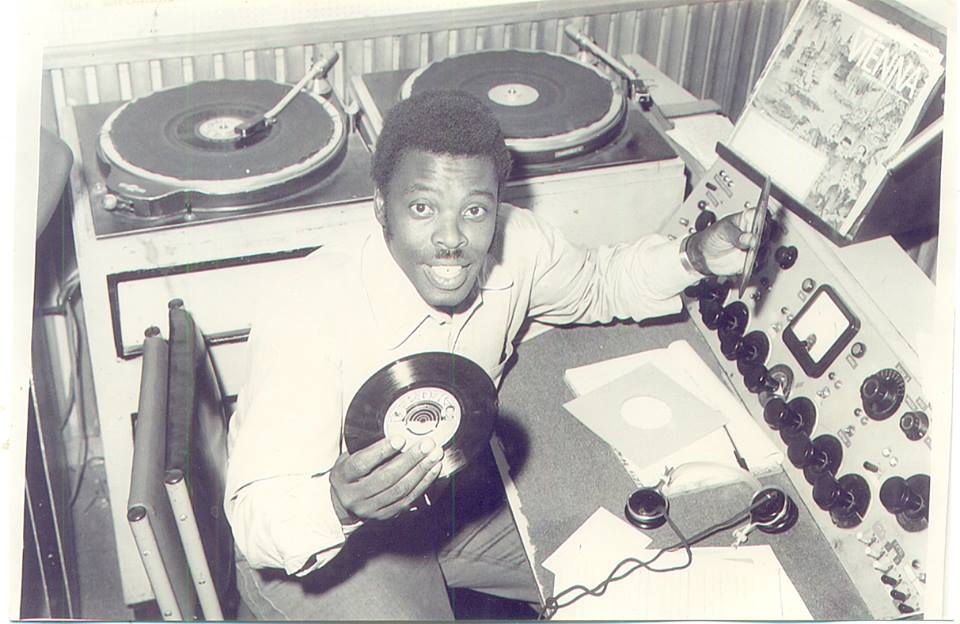
The Towering Voice
His signature catchphrase, “Jee huu ni ungwana?”, became more than just a question—it was a national call for ethical conduct.
Beyond the airwaves, Mbotela lived through some of Kenya’s most defining moments. One of the darkest days of his life came on August 1, 1982, during the attempted coup that shook the nation.
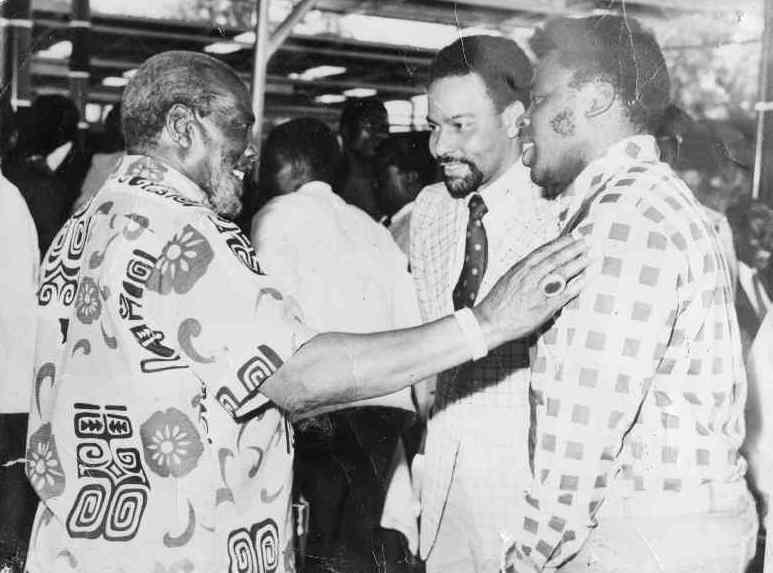
Rebel soldiers abducted him from his home while he was serving as the head of Swahili/Vernacular services at the Voice of Kenya (VOK) and forced him to announce on national radio that they had overthrown the government.
With a gun pressed to his head, he uttered the chilling words, “From today, the government of Kenya has been overthrown…”

But fate had other plans. Amidst the chaos, Mbotela found refuge under a studio table until the military restored order. Looking back on that moment, he once said, “Radio saved my life.”
Despite the terror he endured, his unwavering commitment to journalism never wavered. His calm and steady voice reassured a frightened nation in its darkest hours.

Mbotela’s journey began in Freetown, Mombasa, where he was born in 1940 as the eldest of eight children.
His parents, James and Aida Mbotela, instilled in him a love for storytelling, a passion he nurtured from his early years at Buxton Primary School and Kitui High School. His talent for broadcasting became evident from a young age, proving he was destined for the airwaves.
He was not just a broadcaster—he was a mentor, a cultural icon, and a man deeply passionate about the integrity of journalism.
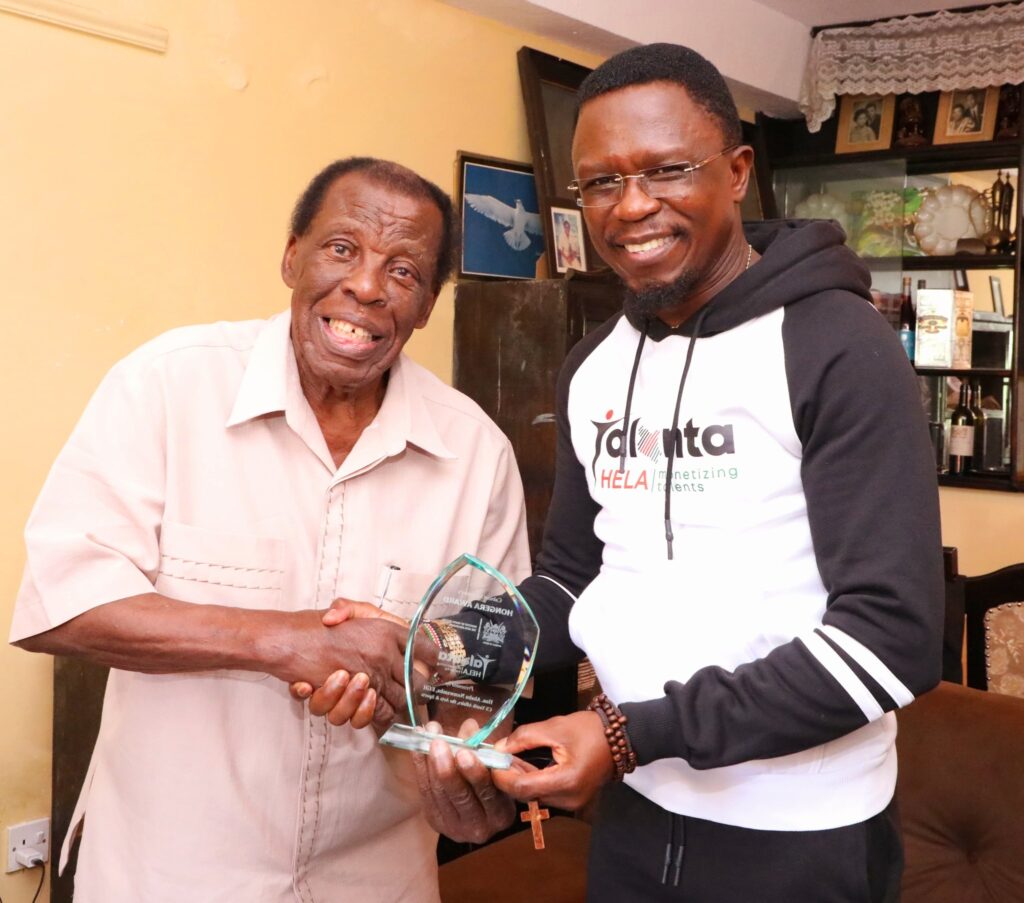
Leonard Mambo Mbotela: Love For Radio
He lamented the changing landscape of modern broadcasting, criticizing what he saw as a shift towards self-serving personalities rather than voices of impact.
“Modern-day radio is dominated by selfish individuals who only care for fame and money. This has made up personalities disinterested in making society better,” he remarked.
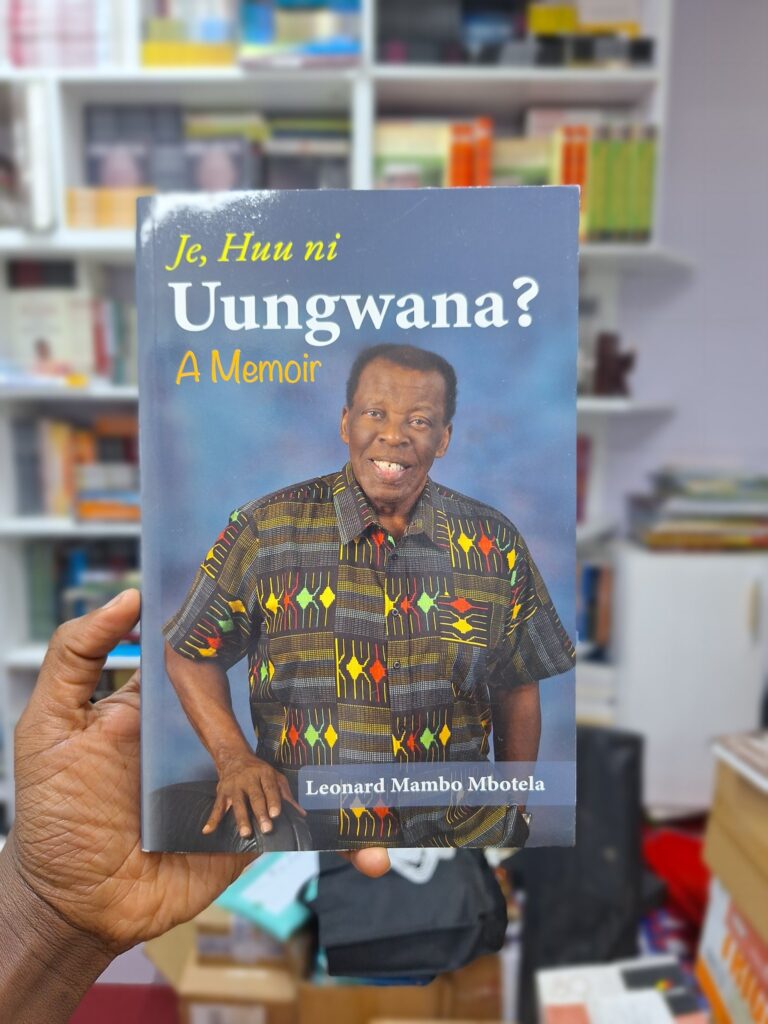
His advice to young broadcasters was simple yet profound: “Be humble and prolific. If you have a show or job, don’t be satisfied there. Start another one.”
For Mbotela, radio was never about personal fame—it was about service. “I want my legacy to be that I have impacted people positively, not just through my voice, but through the content that has challenged and changed societal norms,” he once said. And impact he did.
In 1992, the Kenyan government honored him with the Order of Grand Warrior (OGW), and in 2009, it officially recognized him as a national hero. Yet, for him, true recognition lay in the hearts and minds of those he had influenced over the years.
He shared his journey with his beloved wife, Alice Mwikali, and their three children—Aida, Jimmy, and George. His family remained the anchor that kept him grounded even as his voice reached millions.
Now, that voice has fallen silent, but the echoes of Leonard Mambo Mbotela will never fade. His legacy will live on, not just in archives and awards, but in the conversations he sparked, the minds he shaped, and the values he upheld.
Rest in Peace, Mzee Mbotela. Kenya will forever remember the voice that defined a generation
